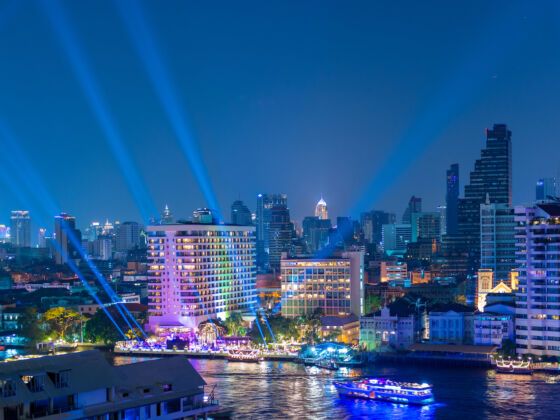For travelers like me, it is not enough to stand back and take snapshots of tall buildings. I want to meet the elevator operator, hear his thoughts on politics, get an inside opinion on the best unknown restaurants in the city.
Turned off by tourism’s oily artifice, I prefer to immerse myself in local life. But as the vacation pendulum swings toward authenticity, might it meanwhile swing away from fantasy? Can a thoughtful traveler still take a vacation devoid of depth, an uncomplicated getaway?
